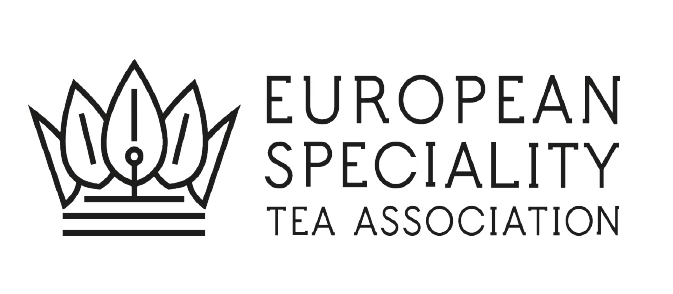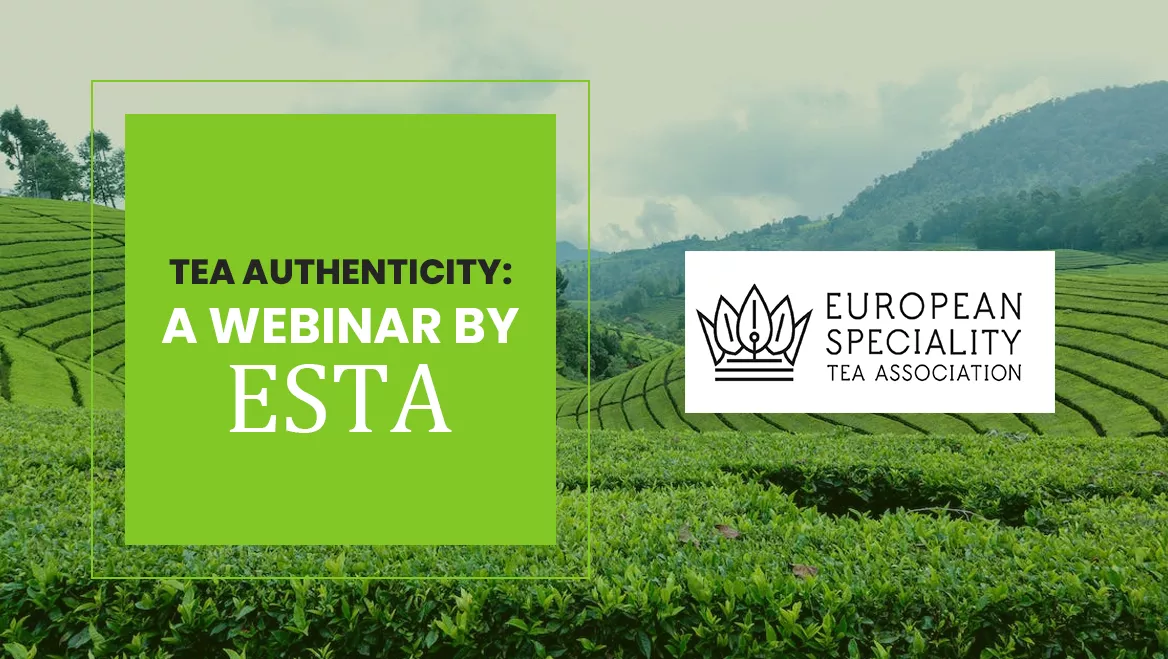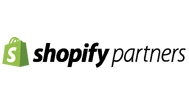As a new member of the European Speciality Tea Association (ESTA), I was delighted to attend their webinar on tea authenticity on September 20, 2023. The webinar was hosted by Fred Hollamby-Jones, the chairman of ESTA, and featured various speakers from different backgrounds and perspectives on the topic of tea authentication.
The purpose of the webinar was to introduce the collaboration agreement between ESTA, Queen’s University in Belfast (QUB) and Bia Analytical (BA) to work together on a programme to test the authentication of teas where there may be issues of adulteration or provenance.
The purpose of the webinar was to introduce the collaboration agreement between ESTA, Queen’s University in Belfast (QUB) and Bia Analytical (BA) to work together on a programme to test the authentication of teas where there may be issues of adulteration or provenance.

The webinar started with a brief introduction on the importance of tea authenticity for the consumers, the producers and the industry. It’s said that buyers want transparency, ethics and assurance that the money they are spending on the product is justified. The adulteration is a concern that affects the quality and safety of tea, as well as the reputation and trust of the brands.
Joyce Maina
The first speaker was Joyce Maina, a tea consultant from Cambridge Tea Consultancy. She talked about the challenges and opportunities of tea authentication in the global market. She said that traditionally, authentication of tea relied on tasting and the credibility of the supplier, but these methods are not sufficient or reliable in the modern context. She said that there is a gap in authenticating tea origin other than relying on taste and credibility of tea supplier. She also mentioned some examples of tea frauds, such as blending cheaper teas with premium ones, adding artificial flavours or colours, or mislabelling the origin or variety of tea.
Dr Di Wu
The second speaker was Dr Di Wu, a tea researcher from QUB. He presented some scientific methods and techniques for tea authentication, such as DNA analysis, chemical profiling and spectroscopy. He said that these methods can provide objective and accurate information about the identity, origin and quality of tea. He also explained how QUB and BA have vast experience and amazing laboratory facilities to enable this programme. He said that they will collect as many samples as they can get from all regions within the countries and create fingerprints for each tea type. He also shared some examples of how these methods can detect adulteration or mislabelling of tea.
Prof Christopher Elliott
The third speaker was Prof Christopher Elliott, a food safety expert from QUB. He discussed the implications and impacts of tea fraud on public health, economy and environment. He said that tea fraud is not a new phenomenon, but it has become more prevalent and sophisticated in recent years due to globalisation, market demand and lack of regulation. He cited some cases of food frauds that have caused serious consequences, such as the horse meat scandal in Europe, where some of the biggest brands in UK were selling adulterated foods containing horse meat. He also mentioned some issues with spice products, such as adding fillers, dyes or contaminants. He said that tea fraud can pose similar risks to consumers and producers, such as allergic reactions, toxicity, loss of revenue or reputation.
The webinar ended with a Q&A session where the speakers answered some questions from the audience. The questions ranged from technical details to practical implications of tea authentication. The speakers provided insightful and informative answers to each question.
I found the webinar very informative and enlightening. I learned a lot about tea authenticity and its importance for the consumers, the producers and the industry. I also learned about the collaboration agreement between ESTA, QUB and BA and how they will work together to test the authentication of teas where there may be issues of adulteration or provenance. I think this is a very valuable and commendable initiative that will benefit everyone involved in the tea sector.
As a digital agency owner who specialises in e-commerce and digital marketing for tea companies, I am very interested in this topic and how it can help me to serve my clients better. I think that by offering authentic teas to their customers, my clients can enhance their brand image, customer loyalty and competitive advantage. I also think that by using digital tools and platforms to communicate their authenticity claims, my clients can increase their visibility, credibility and trustworthiness.
I would like to thank ESTA for organising this webinar and inviting me to join as a new member. I look forward to more events and activities from ESTA and to being part of this vibrant and growing community of tea enthusiasts. I would also like to thank the speakers for sharing their knowledge and expertise on tea authenticity and for answering the questions from the audience. I hope to learn more from them in the future.
















